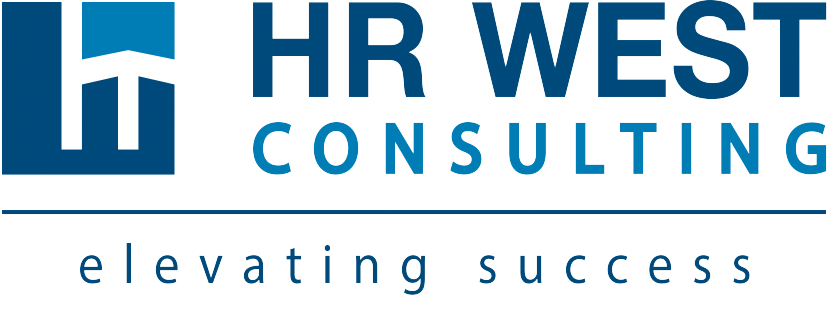It’s a bit shocking how few workplaces have mentoring programs when we all know how powerful it is for ourselves personally.
Look at the learning and development model that says 70% of learning is on the job, 20% is through relationships, and 10% is in training. We work pretty hard at on the job opportunities and formal training… what happened the relationship piece???
Why not formalize mentoring? You CAN do it well. This is the expertise of my lovely guest this week Laura Lunsford. She’s written a book on the topic (which is how I found her) and was super insightful.
❌ We assume chemistry is required and that cannot be formalized. With thoughtful program development, those assumptions are wrong.
❓ Start with a clear ‘why’. See the video below.
🤔 The mentors role is probably more about listening and asking questions. That sounds a little like coaching, but it isn’t because the mentor has a particular expertise they will also have the opportunity to share.
# If you want your program to persist, collect data to make your case later.
🛑 There are ethical considerations.
Dr. Lunsford’s Book: The Mentor’s Guide: Five Steps to Build a Successful Mentor Program.
I (Andrea) am available for HR consulting in Western Canada. Email me at .

